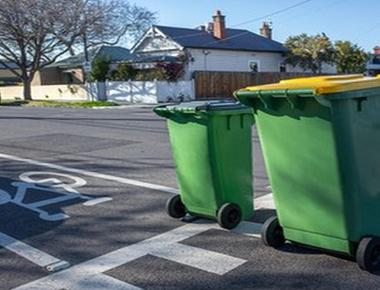
Things That Cannot Be Recycled
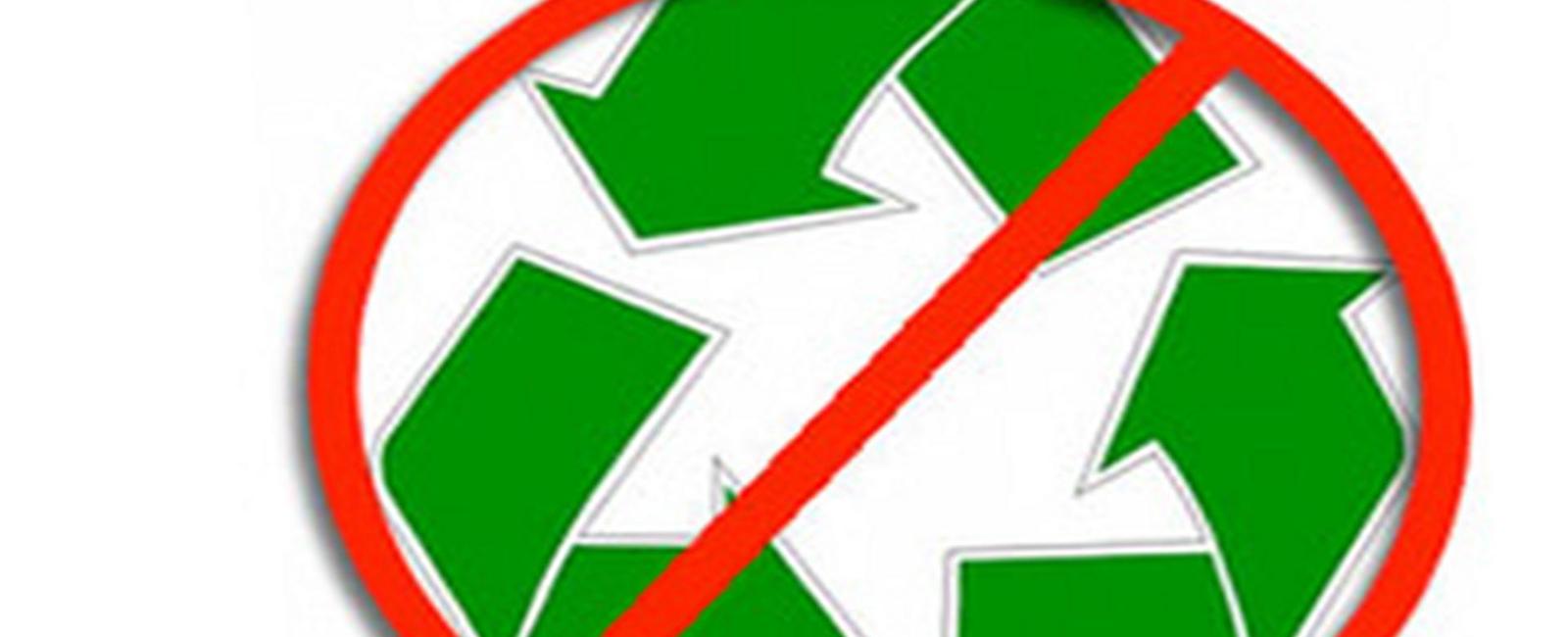
Need Assistance to Recycle Your Waste?
Recycling of waste materials is a basic requirement for all the educational institutes and offices as it directly affects our environment and can also lead to health hazards. It is important that the wastes are disposed of properly in order to protect our planet. Skip bins hire has been a trend introduced by some professional garbage collectors and recyclers who help people in getting rid of their waste products in an effective manner.
They provide tips about how recyclable products should be segregated before putting them into skip bins.
Depending on the type of trash that you have to eliminate, a professional skip hire company might also be your source of proper waste disposal information. They know the different wastes and can guide you when it comes to disposing your garbage in the right way. Whatever waste you may have, act now and get a decent quote from leading skip bin companies. The last thing you would want is to spend too much on waste disposal.Hiring skip bin is considered as an eco-friendly way to remove waste materials from your premises.
Once you have made up your mind to hire skip bins, you should also become familiar with ways on how to properly dispose the rubbish . This will allow you to be able to identify which items can be disposed by using a skip bin and which can’t be disposed of using a skip bin .Waste management has become one of the crucial needs in most countries including Australia, for proper disposal. Individuals who lack knowledge of the recycling items will place all types of waste materials into the skip bins. Eventually, they will pay money for the unnecessary costs needed to transport and dispose all unwanted stuff.Do you own a business and often hire skip bins for rubbish disposal? If yes, you may wonder if it is safe to put large appliances such as fridges into the rubbish skip bins. Recycling skip bins are designed for receiving all kinds of waste but you should not include any hazardous materials or toxic substances in it.For efficient and effective waste disposal, it is necessary to know whether a certain type of item can be recycled or not. It may also be necessary to consult a professional skip bin hire instead of taking the risk to recycle products incorrectly. This will guarantee that plastic items will be treated properly.
1. Aluminum cans.
Many communities put these into their blue bins and it makes a big difference to the number of recyclables they can find homes for. But that doesn’t mean that you should start throwing your cans in the bin with abandon. If the can is dented or punctured, it can affect the ability to recycle it properly, due to difficulties in separating the metal spots from each other when getting down to smelting and further transforming them into other products.When I was still in elementary, we were helping my dad to take care of the farm. I remember that one of the tasks we did is shredding papers before he placed them on the pile. I think back then, we only use a simple hand-shredder to cut and shred those papers.
2. Paper &/or Cardboard Food Containers
When something is made out of cardboard or paper and has food grease splatter from a take away food shop or a fast food outlet then it has to go in your green waste bin or recycled skip bin. It becomes a great bacteria breeding ground, so they can go straight into your green waste bin. If the container or bag has a tiny bit of leftover food on the side, that’s fine, but if you would put your mouth on it you’ll need to put it straight in your green waste bin.Plain household paper and cardboard cannot be recycled. Other foods derived from plants like sausage skins, eggshells, coffee grounds, tea bags, broccoli stalks or banana skins will not contaminate the recycling process if they are rinsed or soaked in water and allowed to dry. Cardboard can be recycled if you remove the high-density polyethylene plastic (HDPE) linings found in most milk, juice and water containers.Food containers created from paper or cardboard need to be recycled. Paper and cardboard are recyclable. To recycle food containers made of paper or cardboard, you will need to wipe them first and separate the remaining contents into a bin in your house.It’s a fact that people love the cardboard food containers, they save a lot of time and money. Depending on the food container you have finished, you can use it to cook your next meal or make some craft projects for home or school.Paper or cardboard food containers are detrimental to recycling as they have grease and food residue, making them not recyclable. A number of these are also made from waxed paper which is not recyclable.
3. Ceramics
Ceramics may be substituted by glass or metal in some areas. Ceramics is often found in teapots, cups, plates and jar lids only and are not made to save the environment but these contribute to the recycling industry and that’s why they should be separated from the rest of the garbage. Ceramics are not made of particles or rocks but there is a glaze that coat these materials which makes them unbreakable. Therefore, it’s wrong to think that these types of ceramics can be recycled because they face many challenges as other materials do.Most of the ceramic products are too heavy to be handled by garbage collectors. When a person attempts to make use of blue bin, these items are likely to scatter on the ground and cause damage. Also, ceramics not only break into smaller pieces but they also chip and cause cuts on the hands of collectors. This is one of the main reasons why ceramics are not recyclables.There is a ban in the use of ceramic containers, cups, utensils because they are not easy to recycle especially when it comes to large kitchen appliances like cookers, stove tops and ovens. They require high heat and usually these schemes do not process ceramic products.There are different facilities in the state where you can recycle broken or unwanted crockeries and kitchen utensils. You have to go to these places because these things are not recyclable and ends up giving you more burden at home.These things cannot be recycled because they are made from different materials. Also, these ceramic products have many air pockets and they can be stretched easily which makes it impossible to recycle them.Recycling ceramic items is required when there are no other options. When you do not have any option to recycle the ceramics, they tend to be added as a part of solid waste to landfills.
4. Paper Towels, Napkins and Tissue Products.
…By using recycled paper for towels, napkins and tissues; we can decrease the amount of paper that is wasted. Recycled paper is already a part of the waste in these products and by making it out of post-consumer waste like office paper, magazines or scrap from other tissue factories; we are able to decrease its generation. By using recycled paper over virgin (new) stock, we save resources like water and energy used in manufacturing, reducing our carbon footprint.4. Paper Towels, Napkins and Tissue Products.. Despite being produced by paper, used tissues, paper towels and napkins are not at all recyclable. These paper products are considered contaminated and unsuitable for recycling. There are a lot of reasons like food residues, body fluids, hygiene issues and even toilet use. These reasons make these products ineffective for recycling.There are numerous benefits of using recycled paper in place of wooden paper. First, it helps to diminish the source of deforestation and eliminates the need for cutting trees and other natural resources. Second, it significantly reduces the rate of manufacturing wasted products like used tissues, napkins and paper towels. Recycling paper also saves a lot of energy.Now this would sound impossible to recycle, but let’s back up a bit. Why would any paper product that is used and worn out be recycled? Since the recycling process was invented, most of the paper products are made with virgin wood pulp, which is a natural byproduct of forests. This means that paper is not made out of trees, in contrary to what many people believe.Paper towels, napkins and tissue products are produced from wood pulp or recycled paper materials. These heavy paper products are used for cleaning and drying different surfaces of the home and office. It is important to dispose these products carefully in order to avoid contributing to the mountain of the garbage that is produced on a daily basis.Though paper towels, napkins and tissues are made of paper, they don’t go through the same process as normal paper. Their paper production method is different. So we should treat them differently.
5. Grocery Plastic Bags
Eighty percent of the plastic grocery bags consumed in the United States are made from high-density polyethylene (HDPE). HDPE is different from regular polyethylene because the polymer chains producing HDPE are longer. HDPE bags are considered opaque because they block most light rays as a result of passing through a layer of low density polymer chains. This kind of nature makes the HDPE film used in creating grocery bags thicker and stronger, hence less likely to break during use. As a matter of fact, only 10% of all U.S. plastic bag products are long enough to be recycled because majority of them are usually purchased for their ability to carry heavier items and groceries.If the bags you buy are the HD variety, they’re already recyclable. The plastic grocery bags will end up in a Materials Recovery Facility (MRF), and torn apart into loose flakes by large, rotating blades. This process is known as “single-stream recycling”—one stream of material being processed together, rather than sorted and separated into different categories. This makes recycling easier for both you and the city government responsible for it.There are various types of plastics commercially available in the market today. Plastic bags are made from low-density polyethylene (LDPE), which is a kind of thermoplastic polymer resin, and high-density polyethylene (HDPE), which is used for making milk jugs and other food containers. HDPE-based plastics are recyclable; however, LDPE-materials like plastic grocery bags or plastic food wrap sheets cannot be recycled.In some areas you can put your plastic bags into a special recycling bin for plastic bags. But, these are not common. If you live in such an area and you know of a place you can bring your grocery bags for recycling, then do it.Add the stiff HDPE bags to the loosely tied trash. Not all stores allow you to bag your own groceries. If you live in a town where that is the case, it means that you may be bringing these thick, un-recyclable bags home anyway.
6. Small pieces of Metal such as wire and foils
All of these pieces of scrap are recycled as Metal scraps. These things include the weight less than one kg (usually these weight less than 100 gm). Example of 2 lights that will be loaded in a vehicle for sending to the recycling plant. The recycler is bound to recycle scrap metal and other recyclables into useful form but he does not encourage these waste materials.So you might have been thinking that those damn foil wrappers which you throw away could be recycled and go back to the market again. You’re wrong. Recyclers don’t want them, instead they use thin wiring or other dissimilar alloys as a substitute. They simply cannot recycle the shredded metal with the aluminum foils inside once it’s mixed with other types of metals.The metal recycling process depends on the material of the waste. The type of process used is determined by the composition and quality of the metal. The process itself can be divided into shredding, sieving, edging and shielding.Aluminum foil or aluminum wire come in a variety of shapes and sizes. When it comes to recycling, these materials are not suitable for recycling because they do not meet the purity criteria to yield aluminum.One major item that you should never include in your recycling bin is small pieces of metal, such as:.
7. Electronic Waste
Most of the customers believe that it is alright to put old and unused electronic items in the flat skip. This is completely wrong as they can be dangerous for both the people and environment. The harmful components like mercury are very much present in these items. People who think of disposing their electronic system should know the correct way to do that. Here we will discuss some facts about electronic waste and its disposal.Electronic items are present in every home in one way or the other. With increased usage, they tend to get damaged with time and need to be replaced. These items contain harmful chemicals that can be hazardous when not handled properly. For example, televisions and computer monitors tend to have lead in their wiring that seeps into the earth when dumped in a skip bin.The fact that less than two percent of electronic waste is recycled is a shame. As such, one is advised to look for recycling centers. Electronic waste can be very dangerous and in the case such items are not sorted out well, they may cause sicknesses or even death.If you are shifting house or more of a regular hoarder then that electronic waste can take up a lot of space. We have to be careful when throwing them away as they contain a lot of hazardous material. They need to be disposed off properly.It is very important to know that you cannot possess electronics after demolition. As you can see above these items need to be separated. It is a good idea to hire professionals for it.
Related Posts

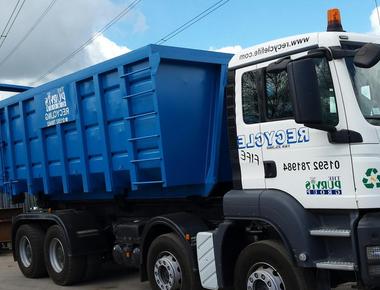
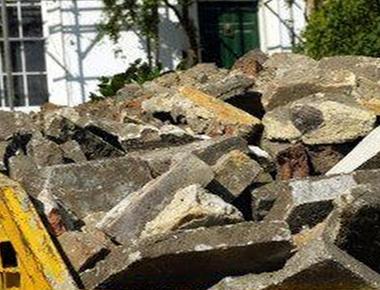
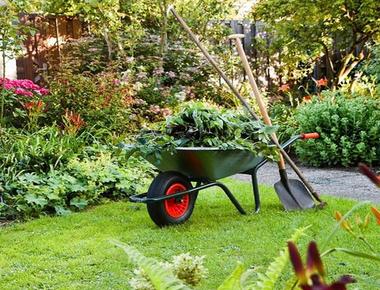
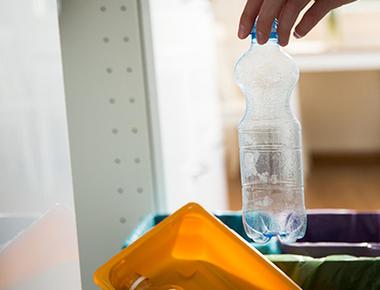
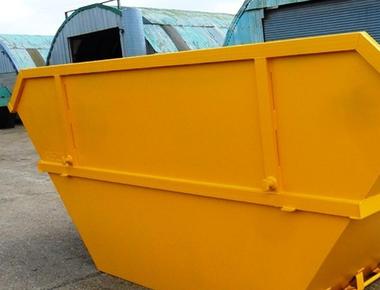
Our Sponsour
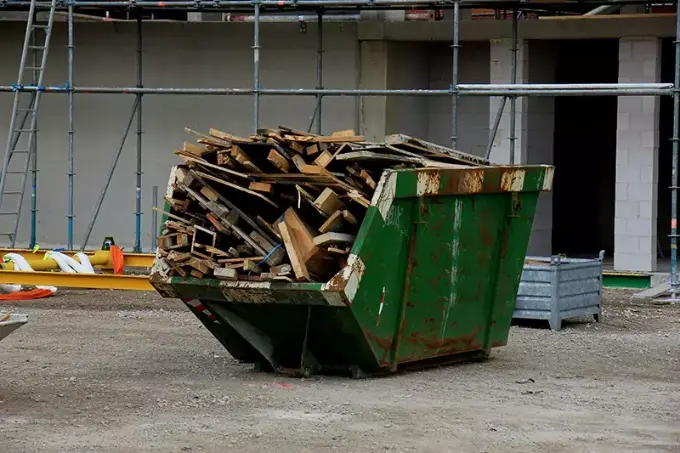
Quick Links
Legal Stuff

